-
Welcome to Tacoma World!
You are currently viewing as a guest! To get full-access, you need to register for a FREE account.
As a registered member, you’ll be able to:- Participate in all Tacoma discussion topics
- Communicate privately with other Tacoma owners from around the world
- Post your own photos in our Members Gallery
- Access all special features of the site
ARB Fridge/Freezer Performance Question
Discussion in 'Technical Chat' started by el taco loco, Jun 2, 2014.


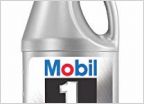 Before I order 75w90 what is everyone's thoughts on brand?
Before I order 75w90 what is everyone's thoughts on brand?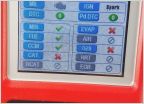 Watered Down Tacoma
Watered Down Tacoma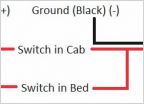 Question: Double Switch DIY Lighting
Question: Double Switch DIY Lighting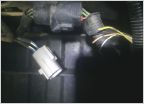 Rear ABS Connector Wires Broken - Help needed.
Rear ABS Connector Wires Broken - Help needed.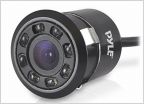 New head unit with wifi reception?
New head unit with wifi reception?









































































